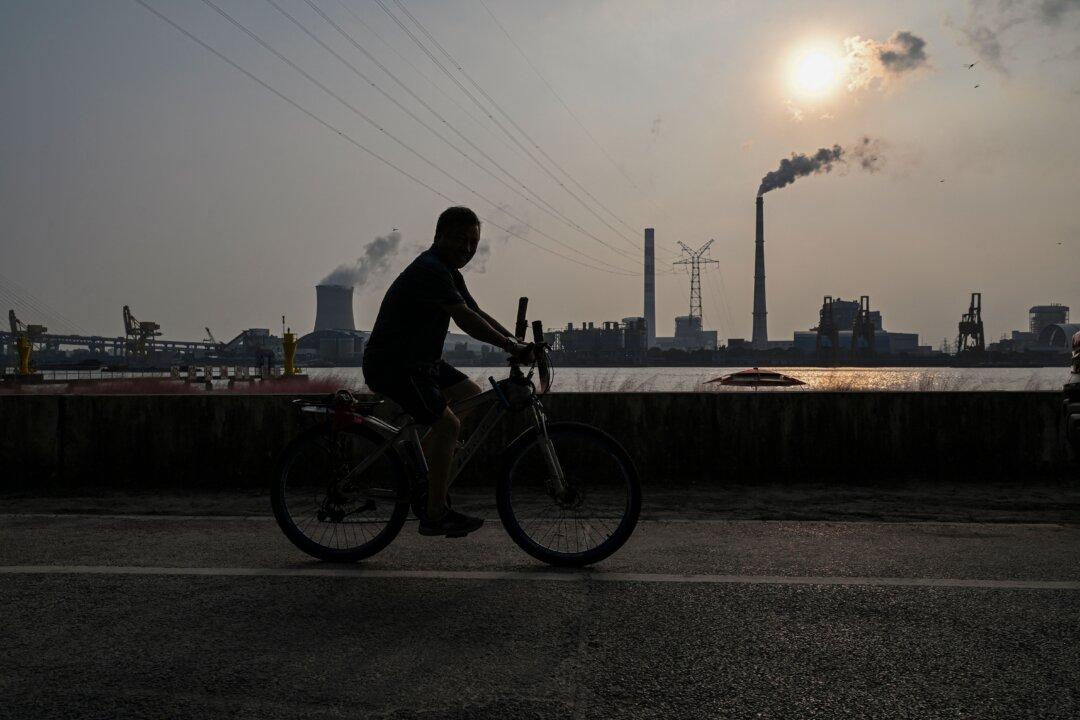TAIPEI, Taiwan—China is in the midst of an unprecedented power crisis with at least 20 provinces across the country grappling with electricity cuts of varying degrees since August. The problem has been exacerbated by early winter, as freezing temperatures have already been recorded in parts of central and eastern China.
The power shortage has been caused by rising coal prices and a government mandate to reduce emissions, Chen Shih-min, a political science associate professor at National Taiwan University told The Epoch Times. The ensuing disruptions to industries and people’s daily lives, however, could have serious political ramifications for Chinese leader Xi Jinping since the crisis could breed social instability.





